From a seminal feminist novel to sparkling debuts and creative non-fiction, Millie Walton picks eight essential books to pack in your suitcase this summer.
My Phantoms by Gwendoline Riley
This tense, subtle novel traces the complexities of a mother and daughter relationship. The story is told from the perspective of Bridget Grant, the daughter of divorced parents Lee who died several years ago and Helen, who she sees once a year and never allows into her home. As she looks back on the tumultuous relationship with her mother, she attempts to come to terms with cruelties on both sides but when Helen has an accident, the old struggle begins to replay.
Assembly by Natasha Brown
At just over 100 pages, Assembly is a slender, urgent novel told in fleeting vignettes. The unnamed narrator is an Oxbridge-educated Black British woman who earns a ‘metric shit ton of money’ in the city. She appears to have it all and yet, no aspect of her life is untainted by instances of racism from the abuse she receives from strangers, to the colleagues who believe she has it easy thanks to ‘diversity’, and her recognition of how her presence gives her white British boyfriend ‘liberal credibility.’ As she prepares to attend a garden party at his family’s estate, she considers what all her hard work has been for in the end.
Poor by Caleb Femi
Caleb Femi’s strikingly original first collection brings together poems and original photographs to explore his boyhood experiences of growing up on an estate in Peckham. It offers a devastating, brutal reflection on existing power structures, and state-sanctioned violence, but also a tender portrait of a community that supports and respects one another.
Real Estate by Deborah Levy
The final instalment in Deborah Levy’s ‘living autobiography’ triptych, Real Estate is hinged around the term ‘female property’ and its associated ambiguities. As in the previous book The Cost of Living, Levy is preoccupied with the notion of home and domesticity but also with artistic freedom. It sees the author leave her home (at the same time her daughter leaves for university) for a fellowship in Paris where she finds herself in a sparsely furnished apartment in the 18th arrondissement and takes a meandering turn through all the quotidian details of life to grander contemplations on art and motherhood.
Breast and Eggs by Mieko Kawakami
Breast and Eggs is the first full-length novel by Mieko Kawakami to reach English-language readers. Set largely in Tokyo, it tells the story of a working-class woman called Natsuko as she grapples with her relationship to her body and wider notions of motherhood. The novel is split into two sections. The first section focuses on Natsuko’s relationship to her sister Makiko, an aging hostess who wants breast implants and her 12-year-old niece Midoriko who has recently stopped speaking. The second part jumps forward eight years: Natsuko is now a published writer and wants to have a child but her body cannot tolerate sex. As artificial insemination is forbidden to single Japanese women, she has to contemplate other means and reckon with her future.
A Ghost in the Throat by Doireann Ni Ghriofa
On the surface, A Ghost in the Throat is about poetry translation (specifically Doireann Ní Ghríofa’s attempts to translate Eibhlín Dubh Ní Chonaill’s poem Caoineadh Airt Uí Laoghaire – bear with me) but it’s also about motherhood, art, and connection, the way in which stories echo through time. Written in a fluid hybrid of essay and autofiction, it’s a captivating and surprisingly stirring read.
When We Were Birds by Ayanna Lloyd Banwo
Ayanna Lloyd Banwo’s debut novel combines the heady air of a romance with the seductive mystery of magical realism and the fast-paced plot of a thriller. In other words, it’s impossible to put down. The story centres around two characters: Yejide St Bernard, who comes from a long line of women who are able to commune with the dead and Emmanuel Darwin who is forced to take a job as a grave-digger in order to buy medicine for his ailing mother. After meeting in the cemetery to discuss preparations for Yejide’s mother’s funeral, their lives become inextricably intertwined.
The Golden Notebook by Doris Lessing
When Doris Lessing’s novel The Golden Notebook was first published in 1962, it was hailed as a ‘feminist bible’ and its story is just as powerful today as it was back then. Set in 1950s London, the book centres around a novelist named Anna Wulf who is divorced with a young child, struggling with writer’s block and terrified of going mad. Anna records her experiences in a set of different-coloured notebooks, effectively compartmentalising her life, but the golden notebook is different: this is the one that offers synthesis, a sense of wholeness, a future.






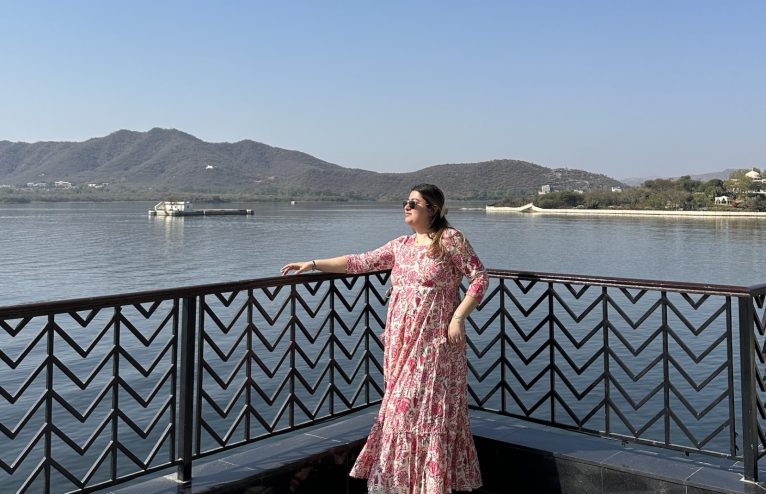
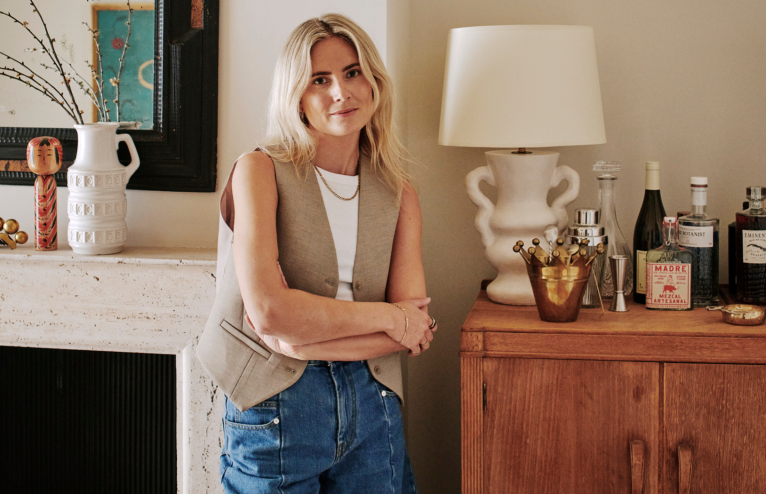
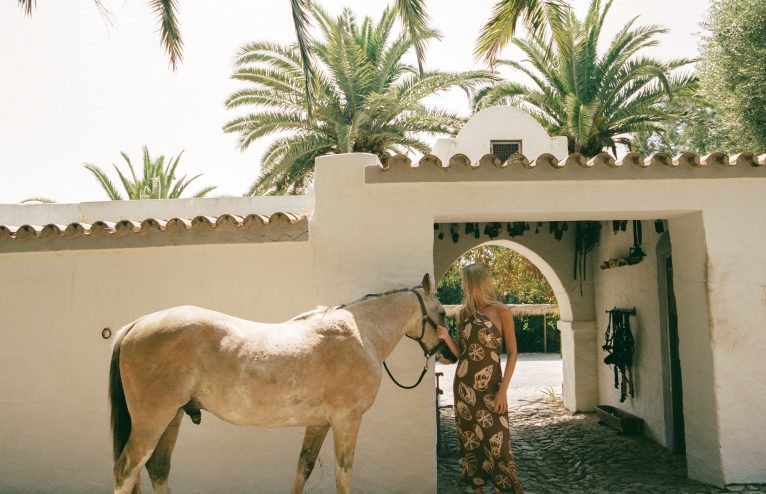
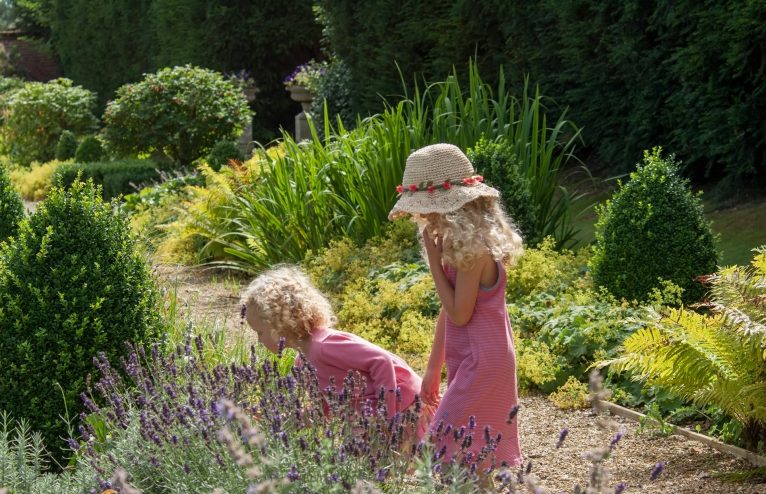


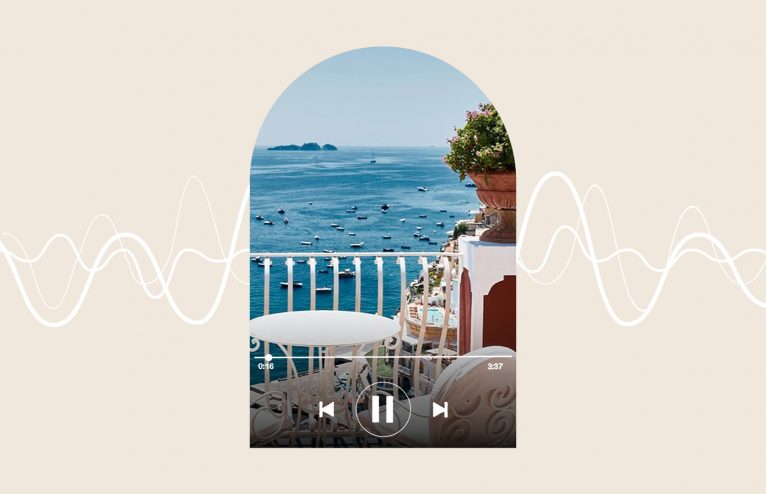



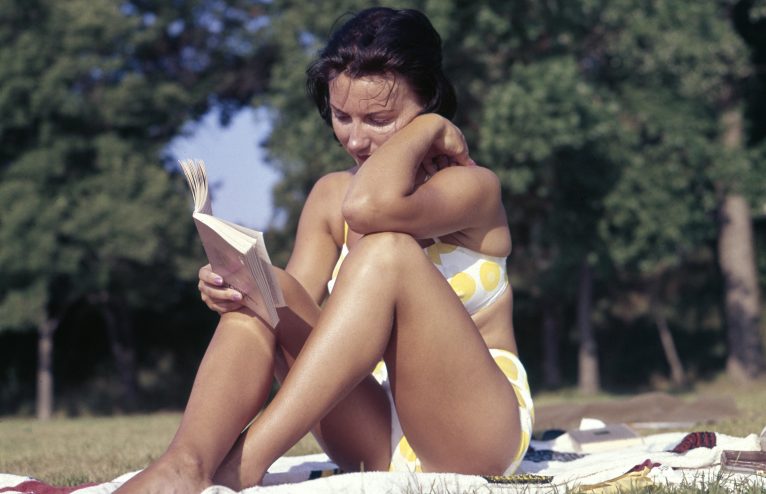


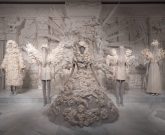

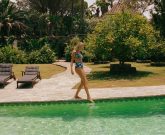
Any Questions or Tips to add?